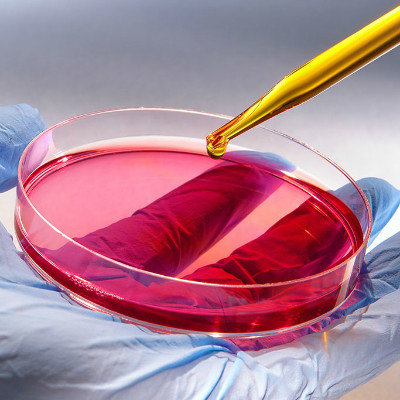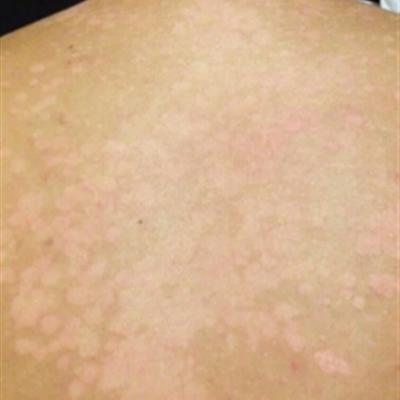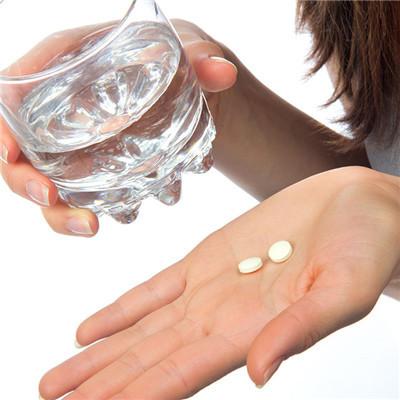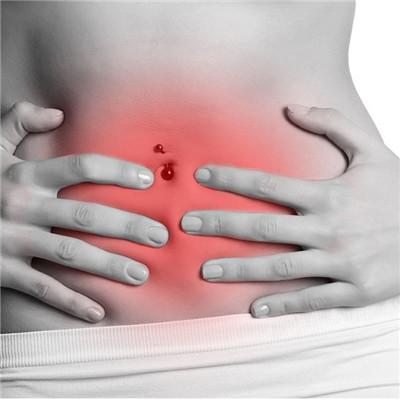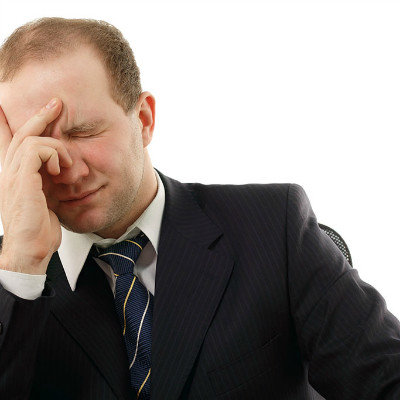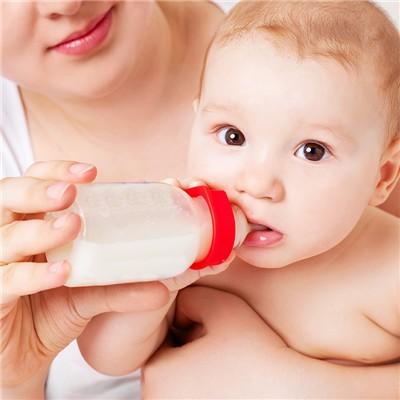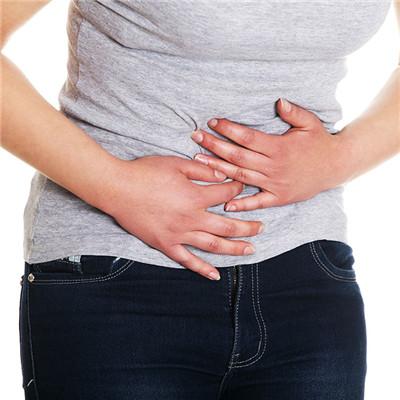What symptom does pancreatic cancer have
summary
Some time ago, my little aunt was sick and always felt abdominal pain. At the beginning, she just thought that she didn't care too much about simple abdominal pain. As a result, the pain was getting worse every day. After going to the hospital, she learned that she was suffering from pancreatic cancer. Today, let me talk about the symptoms of pancreatic cancer.
What symptom does pancreatic cancer have
First, epigastric discomfort and dull pain are the most common initial symptoms of pancreatic cancer. Tumor often causes obstruction of pancreatic duct or bile duct. Although jaundice has not yet been caused, the bile excretion is not smooth, the pressure in the bile duct is increased, and the bile duct and gallbladder are dilated to varying degrees. Patients can feel abdominal discomfort and dull pain. In the past, it was emphasized that the typical symptom of pancreatic head cancer was painless jaundice, and abdominal pain was still a common symptom in patients with pancreatic head cancer.
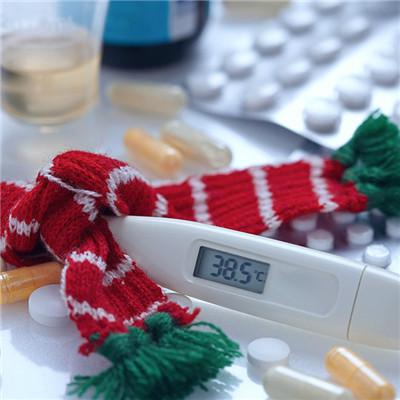
Second, pancreatic cancer and loss of appetite, and therefore often lead to poor digestion and excretion of bile. Obstructive jaundice is a prominent manifestation of pancreatic head carcinoma. Jaundice may appear earlier if the tumor is near the ampulla. Jaundice is often persistent and progressive. The color of stool became pale, even pottery color, skin pruritus.
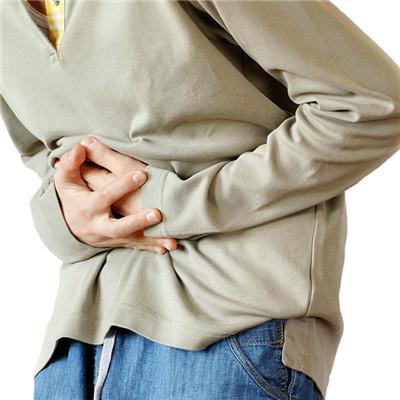
Third: in addition to obstructive jaundice, carcinoma of the head of pancreas often causes gallbladder enlargement, which can be clearly palpable in the right upper abdomen. Obstructive jaundice with large choledochal cyst often indicates the possibility of periampullary tumor. Patients with advanced pancreatic cancer may have a fixed mass in the upper abdomen with positive ascites sign. Further, cachexia and metastasis of liver, lung or bone may be found. As for carcinoma of body and tail of pancreas, the incidence of abdominal pain is higher, and it can be caused by the involvement of celiac plexus.

matters needing attention
Once the disease is found, we must actively accept treatment, at the same time, patients should reduce their psychological pressure, timely carry out self-regulation, and always have confidence in the treatment of the disease. At the same time, diet and lifestyle can also be properly improved, to care for recuperation.
